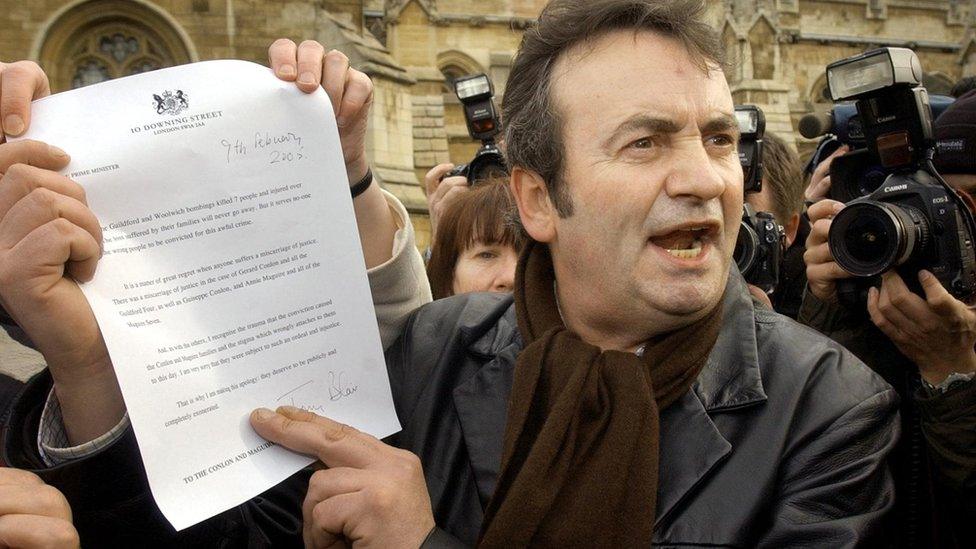Guildford pub bombings: Files 'erroneously' destroyed
- Published
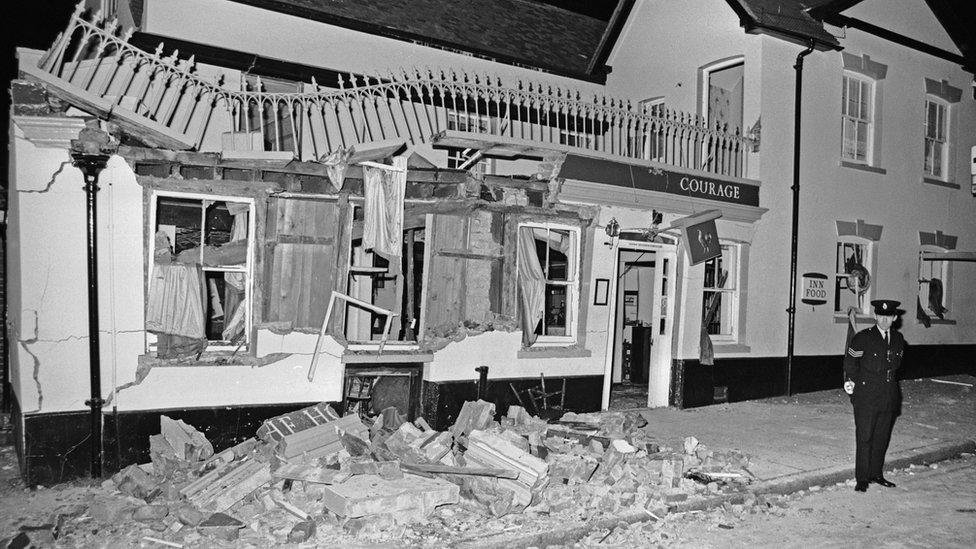
Five people died in the blast at the Horse & Groom on 5 October 1974
Five boxes of police documents relating to the Guildford pub bombings were destroyed in error, a coroner has heard.
The files were "erroneously" destroyed by a Surrey Police contractor in 2016, a pre-inquest review was told.
Surrey coroner Richard Travers is considering an application to resume an inquest into the deaths of five people killed in the IRA attacks in 1974.
Four people were wrongly convicted of the attacks and jailed for 15 years.
Soldiers Ann Hamilton, 19, Caroline Slater, 18, William Forsyth, 18, and John Hunter, 17, died following the first blast at the Horse and Groom on 5 October, along with plasterer Paul Craig, 21. A further 65 people were injured.
Families of some of the victims called for a full inquest to be held, in statements read to Woking Coroner's Court.
Caroline Slater's sister, Wendy Hutchinson, said: "I feel that this may be the only chance for the truth to finally be known."
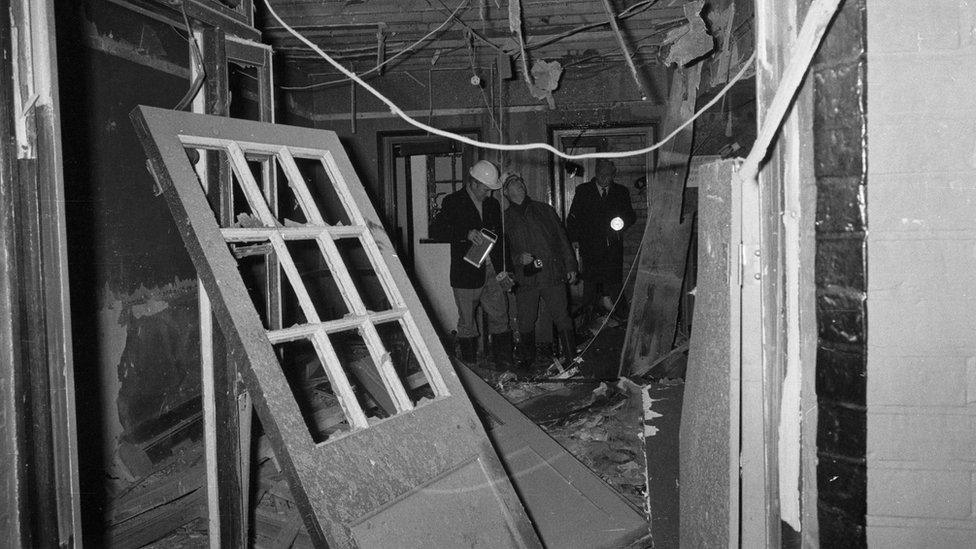
The convictions of Paul Hill, Gerry Conlon, Patrick Armstrong and Carole Richardson - known as the Guildford Four - are considered one of Britain's biggest miscarriages of justice. They were released in 1989.
A four-man IRA unit known as the "Balcombe Street gang" claimed responsibility in 1976 but were not charged.
Over the years it has been disputed how many members were in the unit - a court transcript suggested up to 20.
Jeremy Johnson, representing Surrey Police, told the hearing that investigations into who carried out the bombings should be led by police, not a coroner.
He said: "It's not the function of an inquest to answer the very broad questions that might arise from the IRA's bombing campaign in the 1970s and the police investigation that resulted. That question is for a minister in determining whether to initiate a public inquiry."
He said the force had gathered 2,674 witness statements, 60 interview transcripts and 1,161 other documents on the bombings.
"It's known that five boxes of material have been destroyed, but they contain documents which, at least to a large extent and possibly to a complete extent, are copied elsewhere," he said.
"That obviously should not have happened and that matter was referred to the information commissioner at the time."
Surrey Police said it "neither requests nor opposes the resumption of inquests".
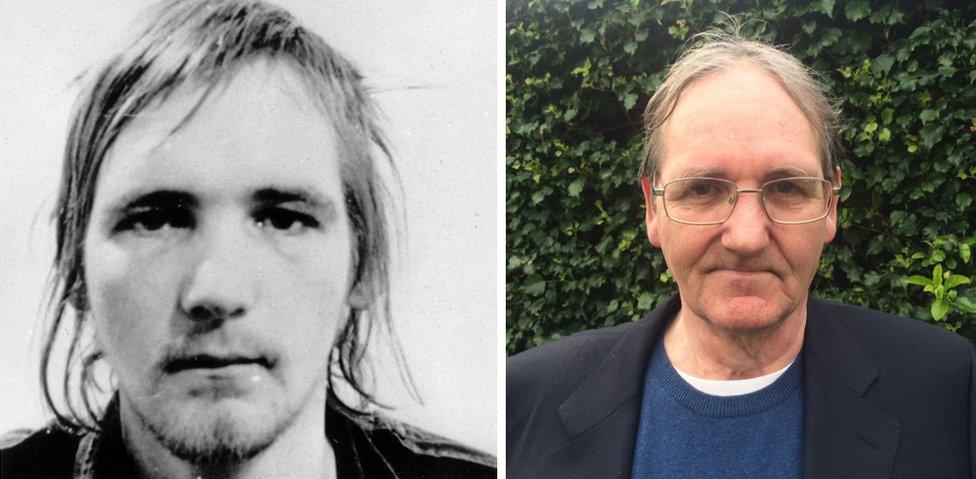
Paddy Armstrong was wrongly convicted in 1975
Ms Hutchinson said her family had endured "further pain" from the "realisation that the judicial process has failed us", while Mr Armstrong, 68, said an inquest could end the "secrecy" over the bombings.
"I want to know why I was in prison for 15 years when those who did it were never charged with it," he told the BBC before the hearing.
Brenda Campbell QC, representing Ms Hamilton's family, said 45 years on from her death, the family's understanding of how she died was "limited in the extreme".
She said successive generations had pored over a scrapbook of yellowing news cuttings and photographs finding no answers.
At the time, the family did not even see a post-mortem report, she said.
Survivor Yvonne Tagg had never been asked for a statement, she told the hearing.
Ms Campbell said Ms Hamilton's family did not know how she died, whether anyone was with her, whether she made it to hospital, how close she was to the bomb, how long it had been there, how it got there, and whether it was correct that police had focused too soon on the Guildford Four.
Mr Travers' decision is due to be returned on 31 January.
Related topics
- Published20 December 2018
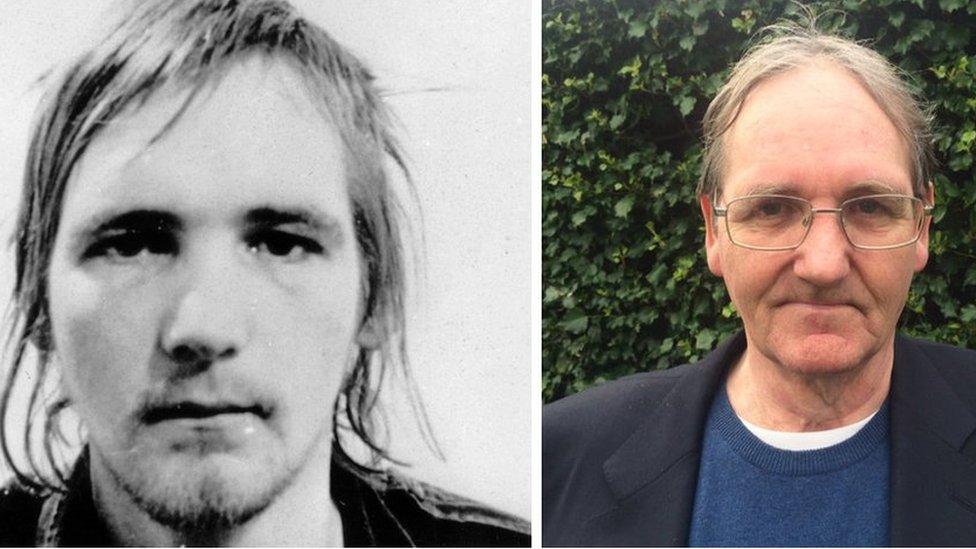
- Published19 November 2018
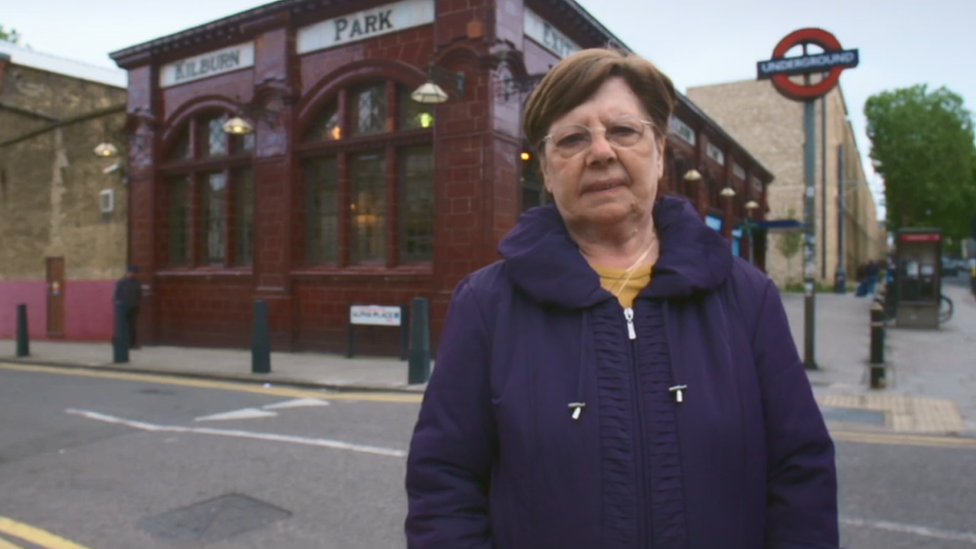
- Published13 March 2018

- Published23 January 2018
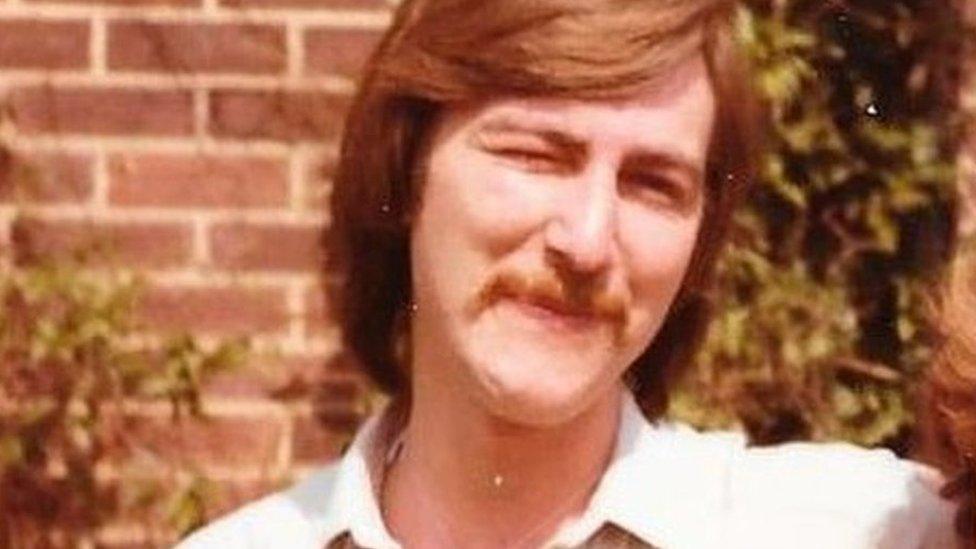
- Published8 November 2017

- Published4 August 2017
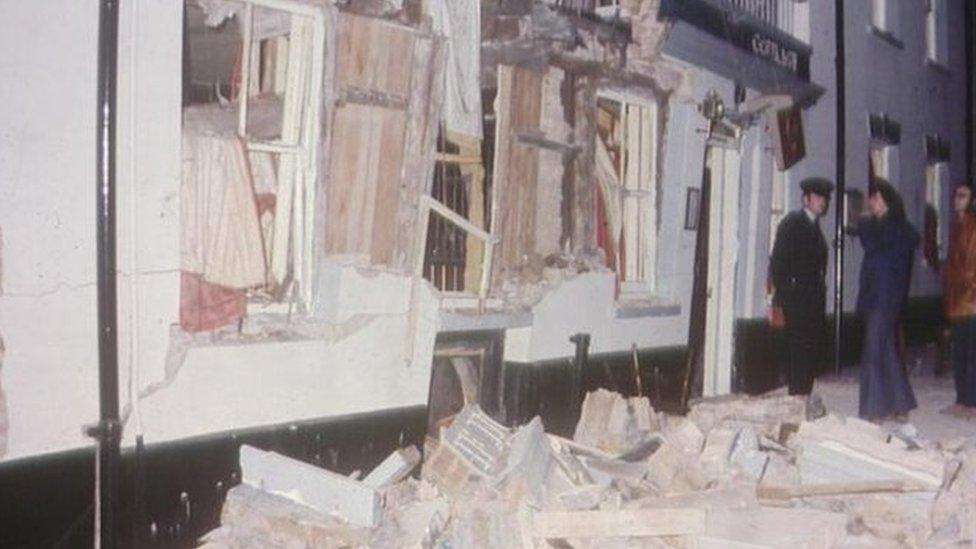
- Published27 October 2016
